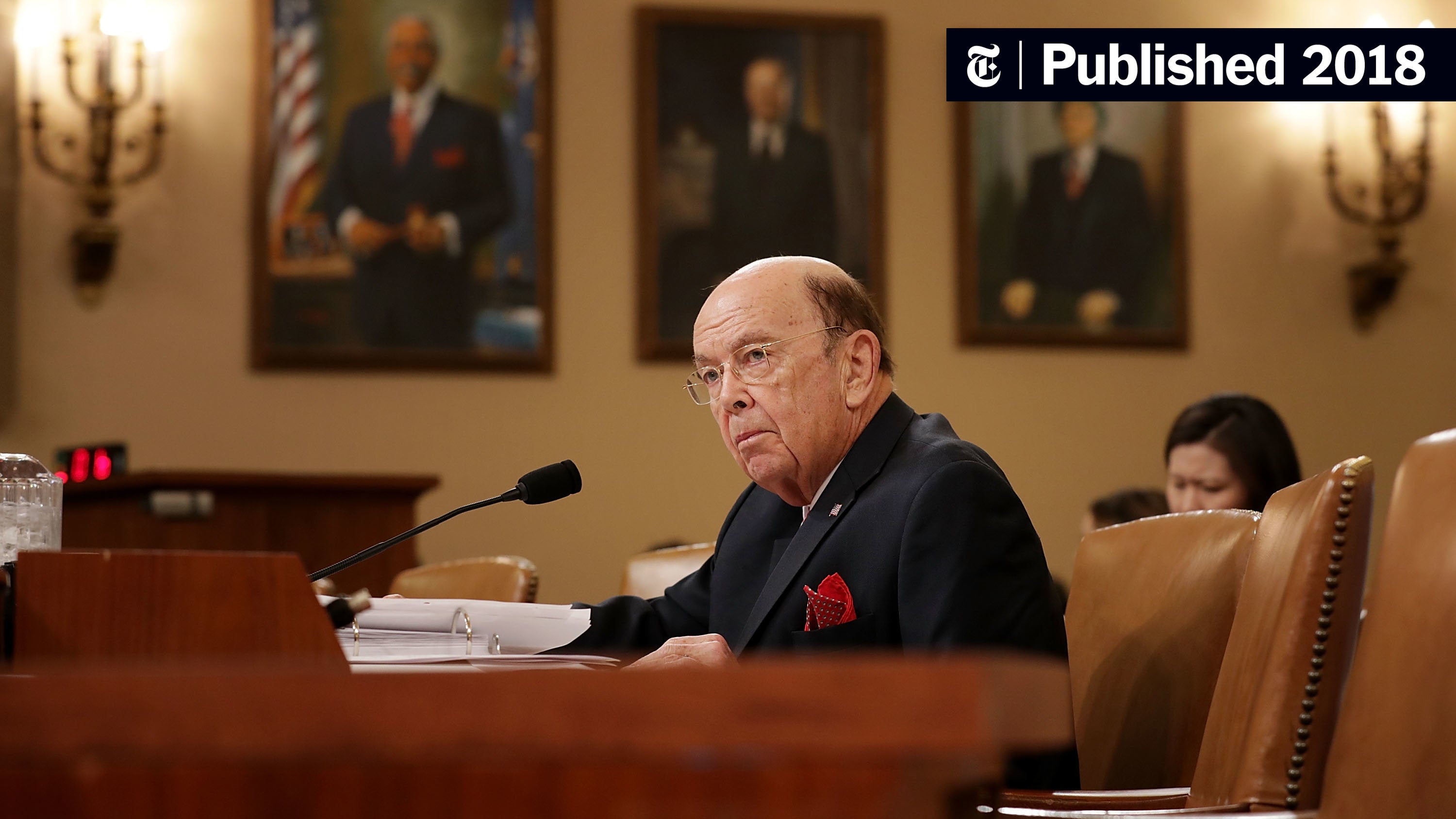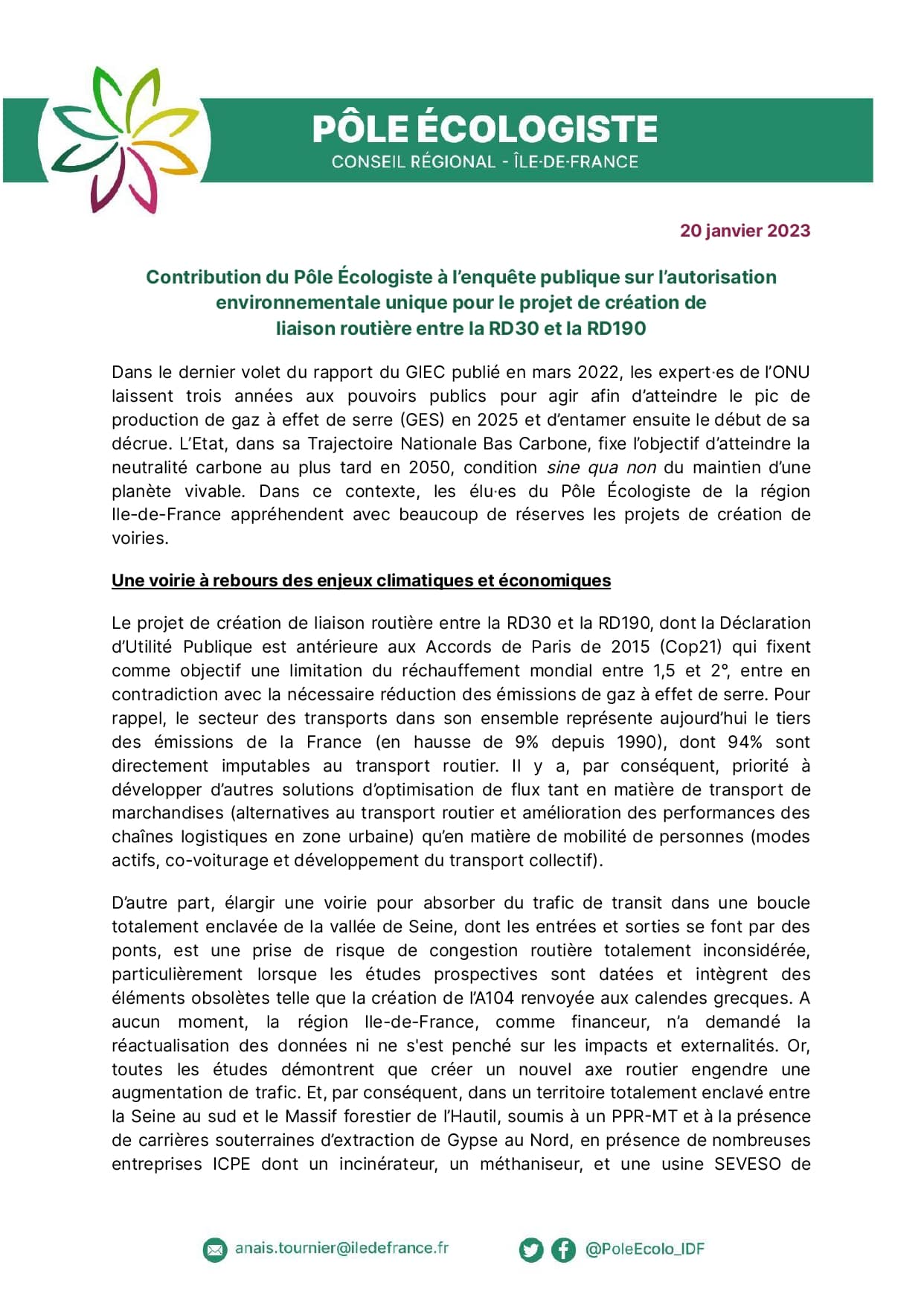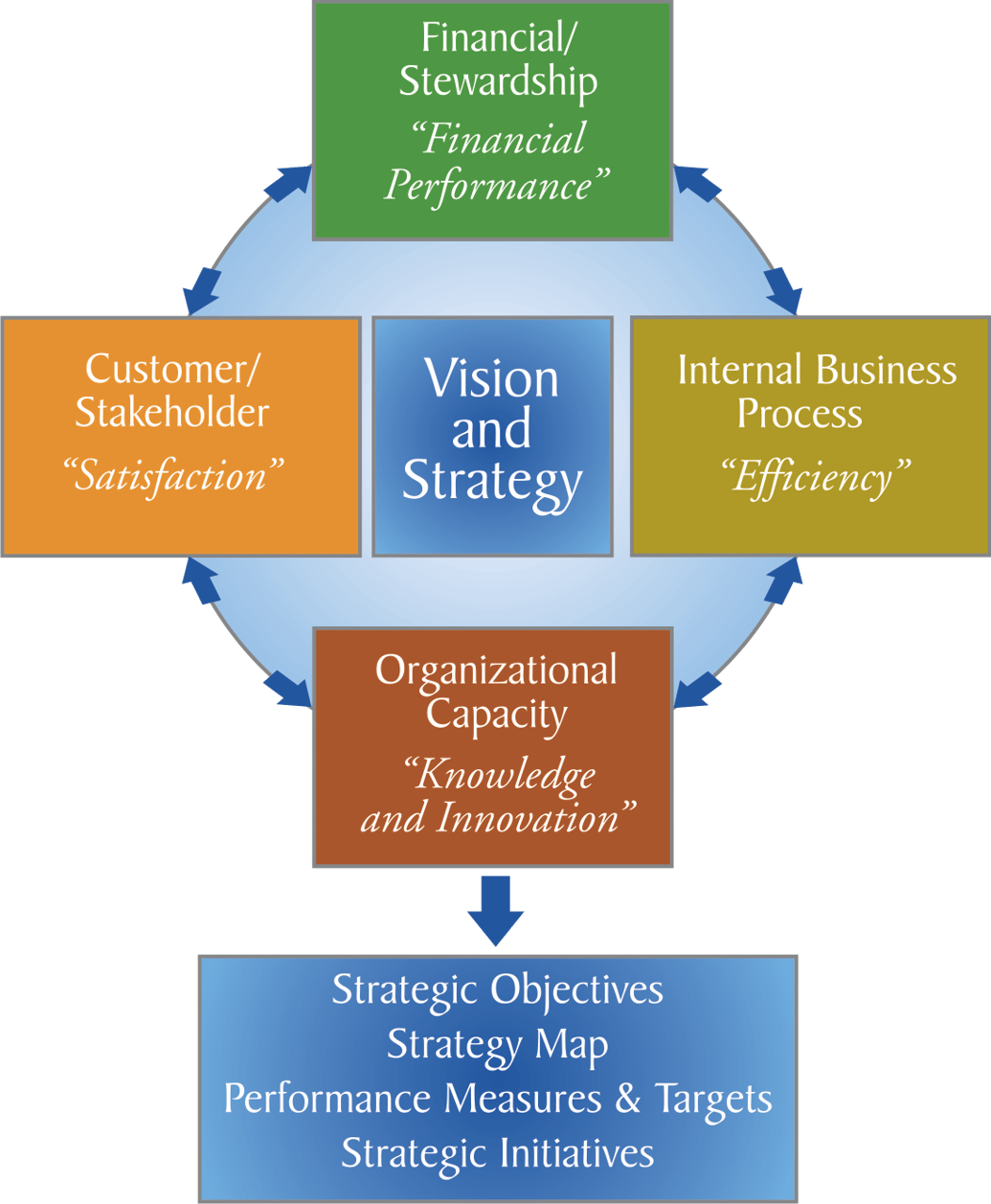Are Tariffs On Commercial Aircraft And Engines Imminent Under Trump?

Table of Contents
Historical Context: Past Trade Disputes and Tariffs
The US and the European Union have engaged in a long-running and bitter trade dispute centered around subsidies provided to Boeing and Airbus, respectively. This dispute, playing out within the World Trade Organization (WTO), has seen accusations of unfair trade practices and retaliatory measures from both sides. The Trump administration leveraged this ongoing conflict, imposing tariffs on various goods, including some aircraft parts, as a means of pressure.
- WTO Dispute: The WTO dispute between the US and EU concerning aircraft subsidies has been a significant factor in escalating trade tensions. Rulings have gone back and forth, with both sides being found to have provided illegal subsidies. This ongoing legal battle creates an environment ripe for further tariff escalation.
- Past Tariffs: The Trump administration imposed tariffs on various goods from the EU, including some components for commercial aircraft, in retaliation for perceived unfair trade practices. These tariffs impacted specific aircraft models and parts, leading to increased costs for manufacturers and airlines.
- Quantifiable Impact: The past tariffs resulted in measurable consequences. For example, the increased cost of imported parts led to higher aircraft prices, impacting both airlines and ultimately, consumers through higher airfares. Reduced sales of affected aircraft models were also observed.
Potential Triggers for New Tariffs Under a Future Administration
While the current administration's stance on trade is different, several scenarios could reignite the debate on tariffs on commercial aircraft and engines.
- Renewed Trade Disputes: Even minor disagreements concerning trade practices could be exploited to justify new tariffs. Concerns about intellectual property theft or unfair competition remain potent potential triggers.
- National Security Concerns: Arguments about national security are frequently used to justify protectionist trade measures. A future administration might invoke national security concerns to justify tariffs on aircraft and engine components sourced from specific countries.
- Arguments For and Against: Arguments for new tariffs often cite the need to protect domestic jobs and industries. However, opponents highlight the detrimental effects on global trade, increased prices, and potential retaliatory measures.
Economic Impact of Tariffs on Commercial Aircraft and Engines
Imposing tariffs on commercial aircraft and engines would have far-reaching economic consequences.
- Price Increases: Tariffs would inevitably increase the cost of manufacturing aircraft and engines, leading to higher prices for airlines. This would translate directly into higher airfares for consumers.
- Reduced Production & Job Losses: The increased costs could lead to reduced production and potential job losses within the US aerospace industry, despite the intention of protectionism. This negative impact could offset any potential gains from protecting the domestic industry.
- Impact on US Airlines: Increased costs for aircraft and maintenance would impact the competitiveness of US airlines on the global stage. They might struggle to compete with airlines using less expensive aircraft or components.
- Supply Chain Disruptions: Tariffs could disrupt established global supply chains, potentially slowing down aircraft production and leading to delays in delivery.
Political and Geopolitical Implications
The imposition of tariffs on commercial aircraft and engines would have significant political and geopolitical ramifications.
- Retaliatory Tariffs: Other countries, particularly the EU, would likely respond with retaliatory tariffs on US goods, potentially escalating the trade conflict. This could impact numerous sectors beyond aviation.
- Impact on International Cooperation: Tariffs could strain international cooperation in areas like aviation safety and standardization. This could compromise safety protocols and hinder the efficient functioning of the global aviation system.
- Strained Relationships: The imposition of tariffs would severely strain relationships between the US and key trading partners, creating further uncertainty and mistrust in international trade relations.
Conclusion
The possibility of future tariffs on commercial aircraft and engines remains a significant concern. The historical context of trade disputes, potential triggers, and the potential economic and geopolitical consequences all paint a complex picture. While the current administration's approach is different, the risk of a resurgence in protectionist trade policies warrants close attention. The uncertainty surrounding the future of tariffs on commercial aircraft and engines demands close monitoring of trade negotiations and potential policy shifts. Stay informed about the latest developments to protect your interests and understand the implications of potential future tariffs on commercial aircraft and engines.

Featured Posts
-
 Dijon 2026 Le Projet Ecologiste Pour Les Municipales
May 10, 2025
Dijon 2026 Le Projet Ecologiste Pour Les Municipales
May 10, 2025 -
 Metas 168 Million Payment Analyzing The Whats App Spyware Cases Impact
May 10, 2025
Metas 168 Million Payment Analyzing The Whats App Spyware Cases Impact
May 10, 2025 -
 How Middle Management Drives Efficiency And Improves Employee Satisfaction
May 10, 2025
How Middle Management Drives Efficiency And Improves Employee Satisfaction
May 10, 2025 -
 Jogsertes Es Letartoztatas Transznemu No Floridaban A Noi Mosdo Miatt
May 10, 2025
Jogsertes Es Letartoztatas Transznemu No Floridaban A Noi Mosdo Miatt
May 10, 2025 -
 Donnez Vos Cheveux A Dijon Une Action Solidaire
May 10, 2025
Donnez Vos Cheveux A Dijon Une Action Solidaire
May 10, 2025
